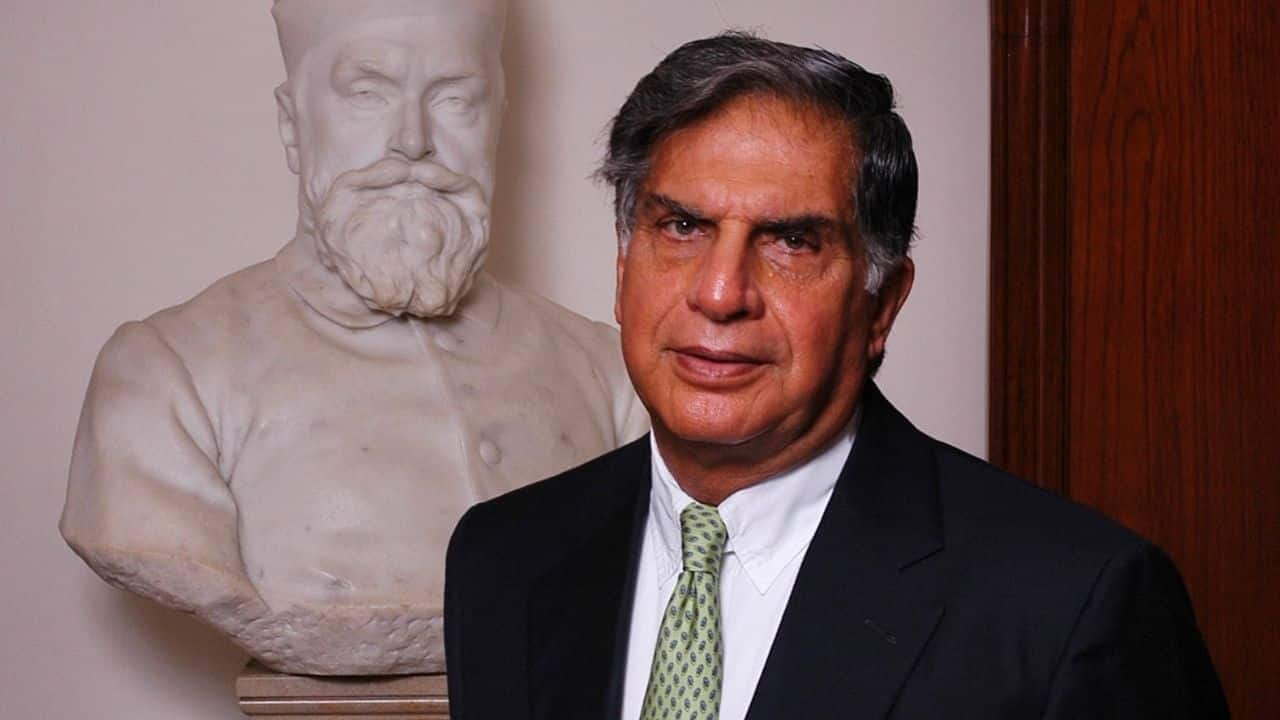
Beyond a business titan: Ratan Tata's personal life and achievements
What's the story
Ratan Tata, the chairman emeritus of the Tata Group and a titan in India's business landscape, has passed away at the age of 86.
He breathed his last on Wednesday night at Mumbai's Breach Candy Hospital.
Earlier this week, he had revealed that he was undergoing routine medical investigations due to age-related health issues.
His demise marks the end of an era in Indian industry.
Early years
A look at Tata's early life and education
Tata was born on December 28, 1937, in Bombay, into the illustrious Tata family.
His parents separated when he was just 10 years old, and he was raised by his grandmother.
He studied architecture at Cornell University and later broadened his horizons by completing a management program at Harvard Business School.
These experiences paved the way for his illustrious career in business.
Career inception
Tata's journey with the Tata Group
Tata started his career with the Tata Group in 1961, as an entry-level employee.
His early days saw him working on the shop floor of Tata Steel in Jamshedpur and later moving on to work as an assistant at Tata Industries.
He took over as the Chairman of the Tata Group in 1991, a major milestone in his career.
Global expansion
Tata's visionary leadership and global acquisitions
Under Tata's leadership, the Tata Group transformed into a global giant. The conglomerate expanded its operations into global markets and diversified into various industries.
His bold approach to business led him to acquire global companies like Tetley, Corus, and Jaguar Land Rover.
These acquisitions cemented the Tata Group's reputation as a significant player in the international market.
Automotive achievements
Tata's ventures and milestones in Indian automotive history
Tata's ability to spot emerging opportunities was evident when he entered the telecom sector in 1996 with Tata Teleservices.
Under his leadership, Tata Motors launched the Tata Indica in 1998, marking a significant milestone in India's automotive history.
The indigenously designed passenger car was a breakthrough for the Indian automotive industry.
Major milestones
Tata's dream car and significant telecom acquisition
In 2002, Tata Sons's acquisition of VSNL paved the way for Tata Communications.
Tata's dream of providing a car for the masses was realized in 2008 with the launch of the Tata Nano.
Priced at an incredible ₹1 lakh, this engineering marvel was a major step toward making cars accessible to Indian families.
He also supported India's start-up ecosystem, investing in nearly 45 start-ups over the recent years, including names such as Paytm, Ola, Snapdeal, Lenskart, FirstCry, and Urban Company.
Philanthropy and retirement
Tata's philanthropic efforts and retirement
Tata's dedication toward social welfare was reflected in his philanthropic work.
He directed a large chunk of Tata Group's profits, about 65%, to charitable trusts working in the field of education, healthcare, and rural development.
Even after retiring as Chairman of Tata Sons in December 2012, his dedication toward the group and his philanthropic work never wavered.
Awards and honors
Tata's contributions and honors
Tata's contributions to the business world and society at large were celebrated with a multitude of awards, including the Padma Bhushan in 2000 and the Padma Vibhushan in 2008, two of India's highest civilian honors.
After stepping down, he became chairman emeritus of Tata Sons, Tata Industries, Tata Motors, Tata Steel, and Tata Chemicals.
He was twice the Chairperson of the Tata Group conglomerate from 1991-2012 and 2016-2017.